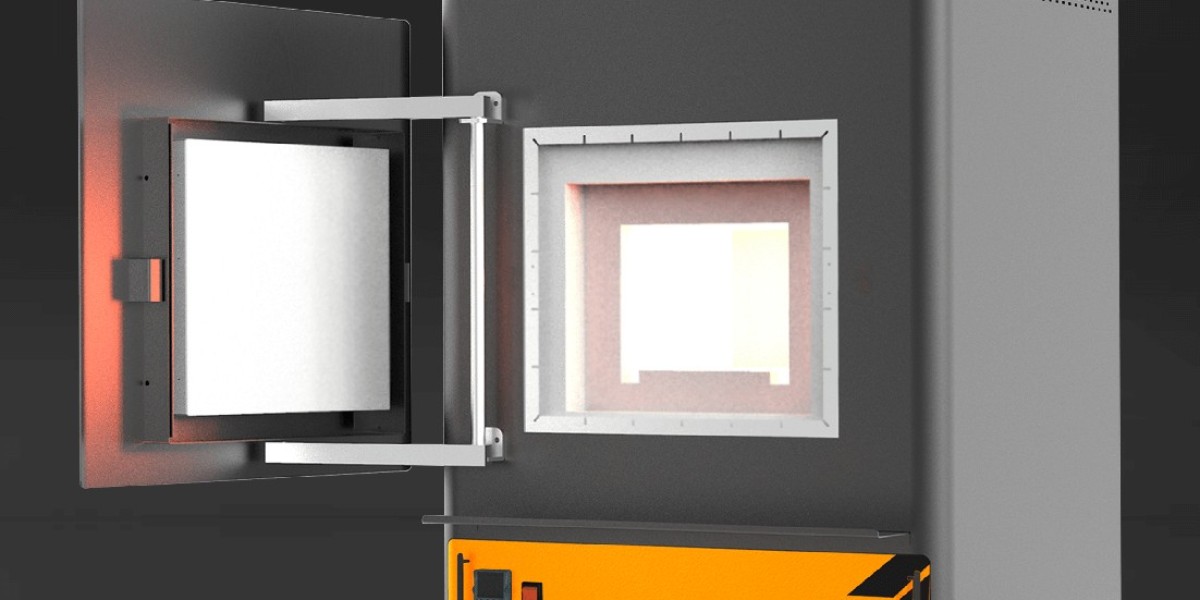Lunchtime is coming and you're trying to pick out the right school lunch software. You want something that's user-friendly, keeps your data safe and secure, and helps students make delicious decisions. But with so many school lunch software options out there, it can be hard to know which one is the best choice for your school.
Don't worry—we've got you covered. In this article, we'll take a look at some of the key factors you need to consider when selecting the perfect school lunch software for your students. We'll explore topics like ease of use, security protocols, customization options, and more. By the end of this article, you'll be ready to make an informed decision about which school lunch software is perfect for your school's needs.
What to Consider When Selecting School Lunch Software
It can be overwhelming to evaluate school lunch software solutions. What makes one better than the other? What questions should you ask? With so many programs on the market, it can be difficult to know where to start.
When picking school lunch software, there are several key things you'll want to keep in mind:
Features: First and foremost, you'll need a system that fits the needs of your school or district. Look for features such as meal tracking, billing and payment processing, menu planning and nutrition reports.
Compatibility: Make sure your lunch software is compatible with your existing systems, such as student management systems, accounting programs, and point-of-sale systems.
Adaptability: Today's schools face ever-changing guidance from local and state health agencies; look for software that's both up-to-date with current regulations and flexible enough to adjust quickly as needed.
Reporting Capabilities: Make sure the software has robust reporting capabilities so you can access data easily - on student meals served, nutrition intake by students and eligibility reports to name a few - in an easy-to-read format.
Consider User-Friendliness and Ease of Use
When you're researching solutions for school lunch software, user-friendliness and ease of use should be a top priority. Look for a system that is intuitive and straightforward to use, so that your staff won't need to spend too much time learning the ropes before they can get up and running.
The ideal school lunch software should have:
Clear navigation that is accessible to all users
Simple, step-by-step instructions for completing tasks
Automated elements that streamline the ordering process and reduce tedium
Visual aids like charts, graphs or maps whenever possible to show data in an easy-to-understand way
To make sure the solution you choose meets your needs for user-friendliness and ease of use, try testing it out first or talking to other schools who've used it. That way, you'll know exactly what you're getting into with your school lunch software.
How Does the School Lunch Software Integrate With Existing Systems?
Seeing how a school lunch software fits in with your current systems is key. After all, you don't want to be bogged down with redundant tasks or trying to manually figure out what systems talk to each other.
When selecting the right software solution for you, consider how it integrates with existing platforms, such as the school's accounting software and Human Resources Management System (HRMS). This means that the system should be able to:
Automatically transfer data from other systems into the school lunch software
Eliminate manual data entry as much as possible
Keep information up-to-date in real time
Provide user friendly views of the data
A well integrated system will allow staff members to have easy access to timely information and make decisions much faster. Most systems have open application programming interfaces (APIs) which allows them to interact with existing systems and make data sharing between them seamless and reliable.
Conclusion
Picking the right school lunch software for your school or district is a big decision. You want to make sure you’re investing in a solid product that will provide the best value for your money. The key is to look for software that offers comprehensive features and is user-friendly so that it can be used by both staff and students. Look for features like ordering convenience, meal tracking, dietary compliance, and automation capabilities. These features can make lunch processing much easier and ensure that you’re providing the best dining experience for your school community. Doing your research to find the best school lunch software can save your school time and money while making sure everyone is eating a healthy, nutritious lunch.








